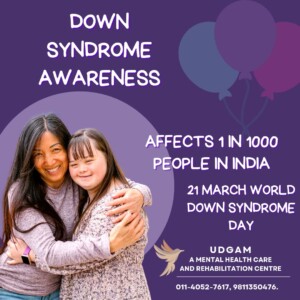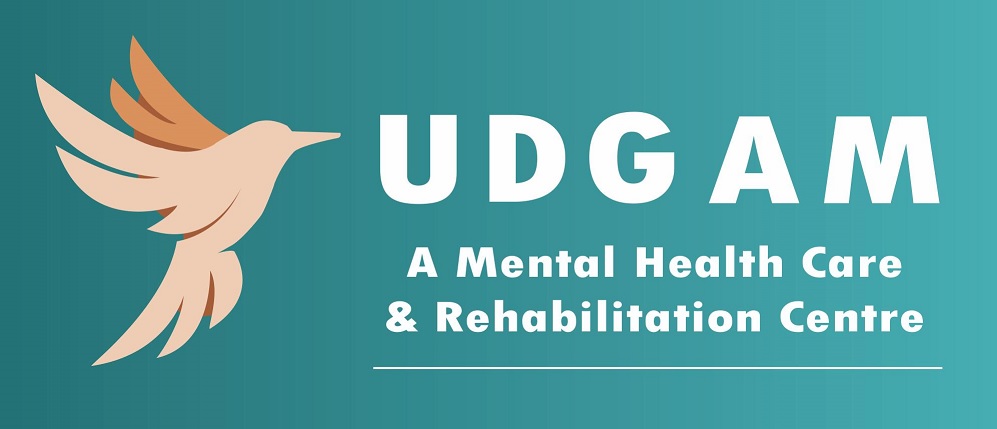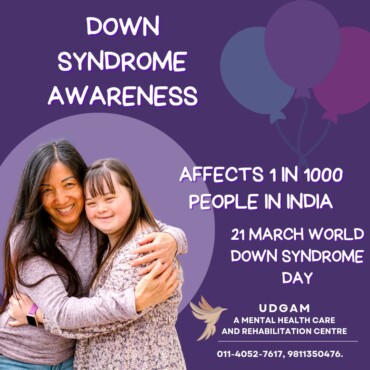Down Syndrome Awareness
World Down Syndrome Day
Down syndrome usually causes varying degrees of intellectual and physical disability and associated medical issues. And a lot of discrimination occurs with individuals, so an initiative was taken to spread awareness over the world the United Nations. This global awareness initiative backed by the UN is celebrated on 21 March as World Down Syndrome Day. Down syndrome or trisomy of chromosome 21, is a syndrome that affects 1 in 1000 people in India. Yet the awareness level is still low. We need to work on highlighting the role of these individuals in our community, encouraging them to work to their full potential.
Trisomy of Chromosome 21
Chromosomes are small packages of genetic materials (genes). A human body is born with 23 pairs of chromosomes, that is a total of 46 chromosomes. These genes determine our growth, body function etc. Down syndrome occurs as a result of these chromosomes.
This genetic disorder causes physical and developmental changes in an individual by making extra genetic material in the cell structure. It is also called trisomy or tripling of chromosome 21. This means that what is supposed to be the 21st pair of chromosomes of the cell, occurring as 2 copies of the original, instead occurs as 3 copies of the original.
The effect varies, it can cause intellectual disability, developmental delays, learning disabilities or other medical problems like heart or muscular ailments. These ailments can be mild, moderate or severe, which is why it is called a syndrome, there is a wide range of symptoms.
 Some common features of down syndrome are;
Some common features of down syndrome are;
- Smaller head
- Smaller ears
- Smaller hands, shorter height
- Short neck
- Slanted eyelids
- Poor muscle strength
- Very flexible
- Language development is delayed
Treatment for down syndrome
Education and management of symptoms help improve quality of life. There is no cure for Down syndrome. Some may require special care, while others would be educated in typical schools. For medical conditions associated with down syndrome, regular health checkups are important. The major amount of treatment centres around physical health. But the emphasis is also given to speech therapy, Occupational therapy and psychoeducation when it comes to down syndrome. A structured intervention plan, which caters to the deficits as well as enhances stronger areas is really helpful. Assistive devices like hearing aids are also beneficial.
Down syndrome can be detected using screening tests or diagnostic tests. Screening tests like, blood tests or ultrasounds can be helpful to monitor the baby’s growth and any potential problems. Diagnostic tests are done after a screening test to confirm a Down syndrome diagnosis. The types of tests that can help diagnose Down syndrome are:
- Chorionic villus sampling (CVS)—tests tissue of the placenta.
- Amniocentesis—tests the amniotic fluid that surrounds the foetus in the womb.
- Percutaneous umbilical blood sampling (PUBS)—tests blood samples taken from the umbilical cord.
At Udgam Clinic, we provide optimum intervention plans suited to your child’s needs. With the help of specialities like Occupational therapy, Speech therapy, Special Education and Psychology, we are capable of delivering holistic plans to manage your child's cognitive and behavioural and educational progress. Remember lasting results come with time and not with the speed. Contact us for an appointment and stay tuned for more information.
Anuja Sathe
Counselling Psychologist





